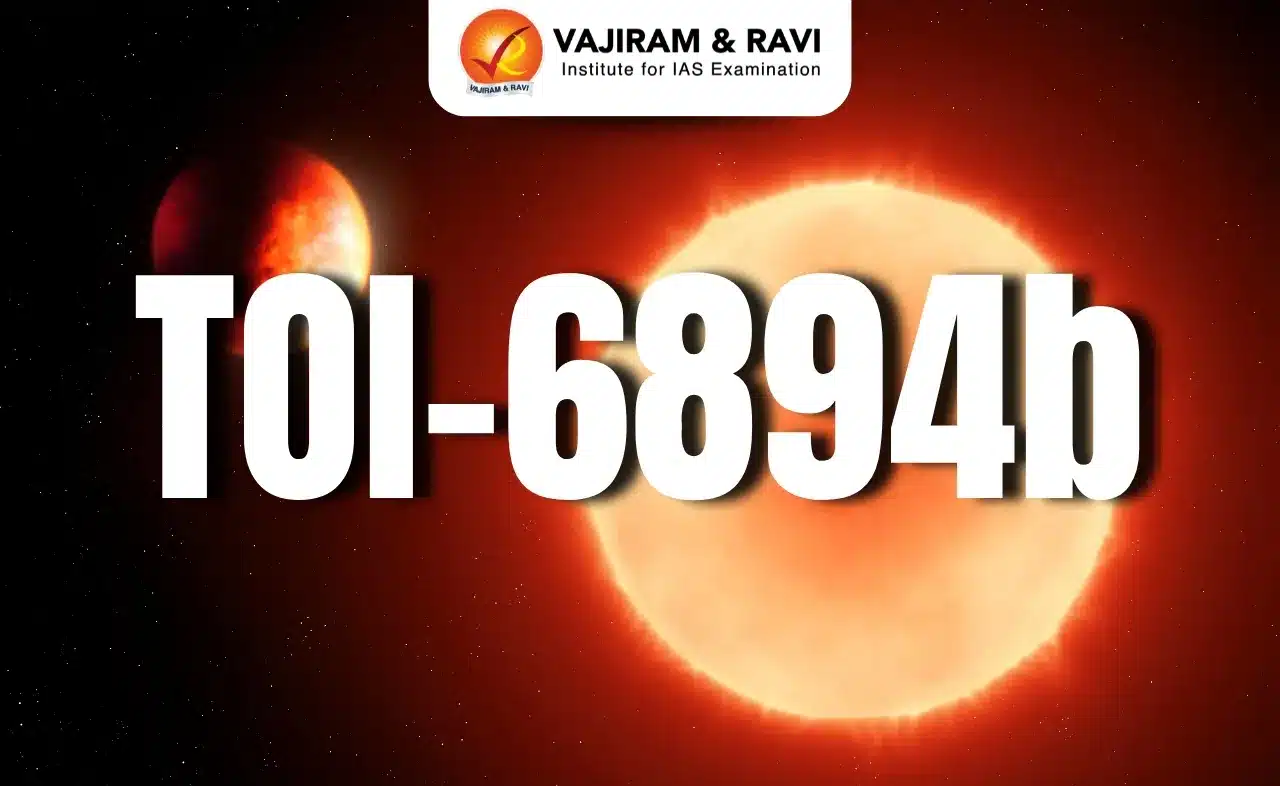About Gift Tax:
- The Parliament of India introduced the Gift Tax Act in 1958, and gift tax is essentially the tax charged on the receipt of gifts.
- The Income Tax Act states that gifts whose value exceeds Rs.50,000 are subject to gift tax in the hands of the recipient.
- The gift tax is also applicable on certain transfers that are not considered a gift.
- The transfer of existing movable or immovable property in money or money’s worth qualifies for gift tax.
- The gift is exempted from tax if it was given by a relative.
- The income tax rule Parent, Spouse, Siblings, Spouse’s siblings, Lineal descendants Lineal descendants of the spouse can be considered as a relative
- There are several other situations where gifts can be exempted from tax. Listed below are other situations in which the gift will be exempted from tax.
- Gifts received during weddings are usually exempted from tax.
- Gifts received as part of the inheritance are exempted from tax.
- Cash or rewards received by local authorities or educational institutions based on merit is exempted from tax.
Q1) What is Taxation?
Taxation is the process by which governments impose charges on individuals, businesses, or other entities to generate revenue. Taxes are used to fund government activities and public services such as infrastructure development, healthcare, education, defense, and social welfare programs.
Source: strategic disinvestment push: Buyers of PSU shares exempt from gift tax
Last updated on June, 2025
→ UPSC Notification 2025 was released on 22nd January 2025.
→ UPSC Prelims Result 2025 is out now for the CSE held on 25 May 2025.
→ UPSC Prelims Question Paper 2025 and Unofficial Prelims Answer Key 2025 are available now.
→ UPSC Calendar 2026 is released on 15th May, 2025.
→ The UPSC Vacancy 2025 were released 1129, out of which 979 were for UPSC CSE and remaining 150 are for UPSC IFoS.
→ UPSC Mains 2025 will be conducted on 22nd August 2025.
→ UPSC Prelims 2026 will be conducted on 24th May, 2026 & UPSC Mains 2026 will be conducted on 21st August 2026.
→ The UPSC Selection Process is of 3 stages-Prelims, Mains and Interview.
→ UPSC Result 2024 is released with latest UPSC Marksheet 2024. Check Now!
→ UPSC Toppers List 2024 is released now. Shakti Dubey is UPSC AIR 1 2024 Topper.
→ Also check Best IAS Coaching in Delhi






















